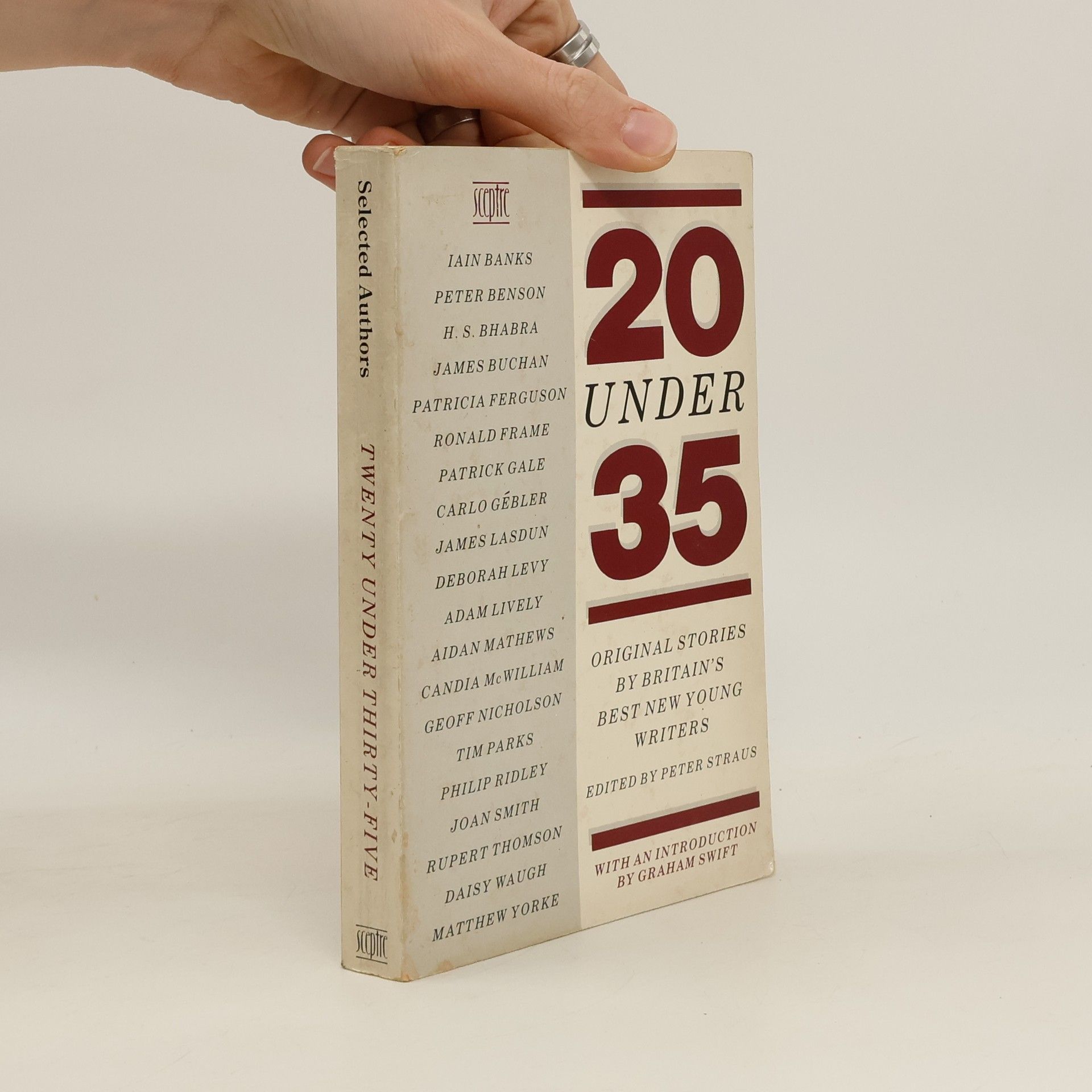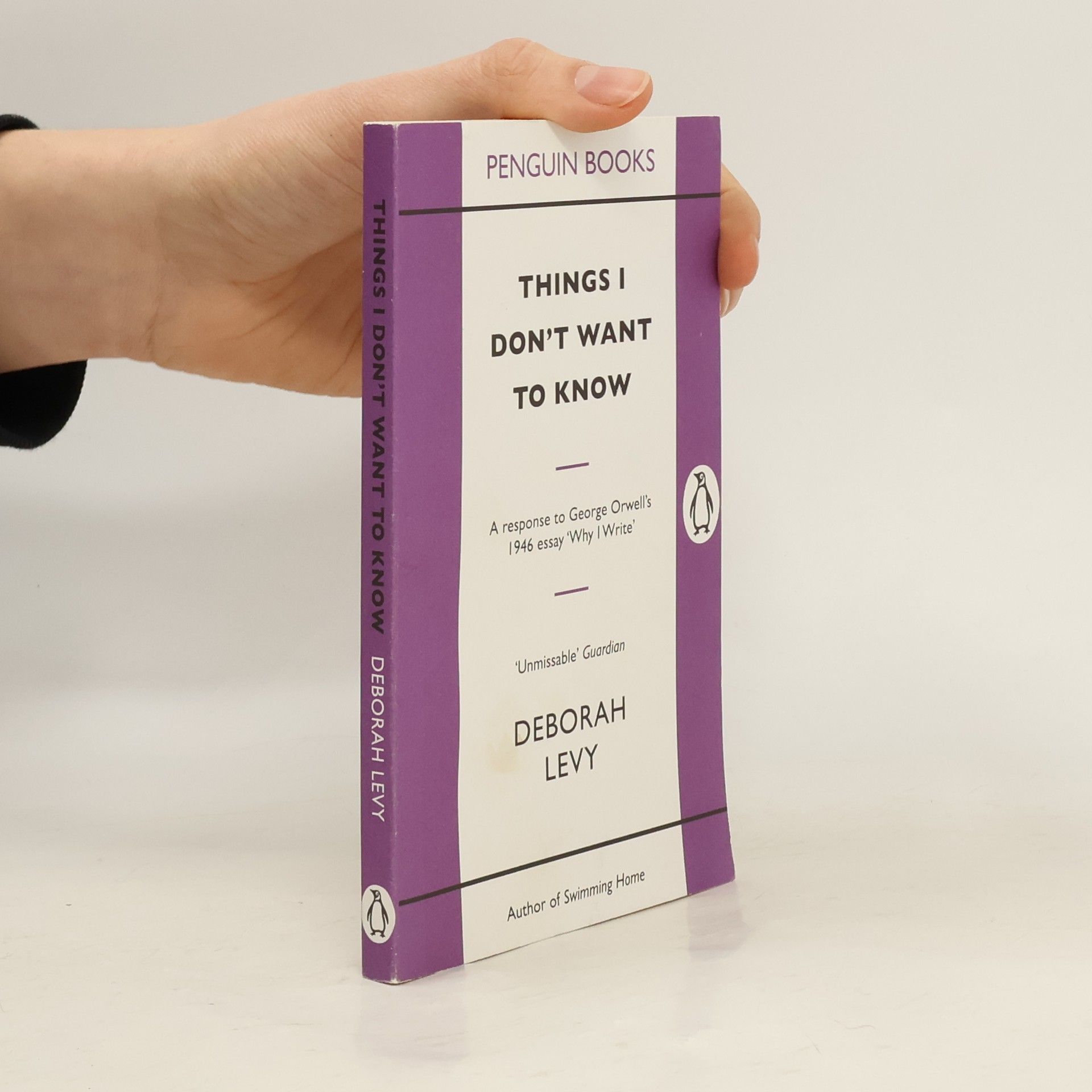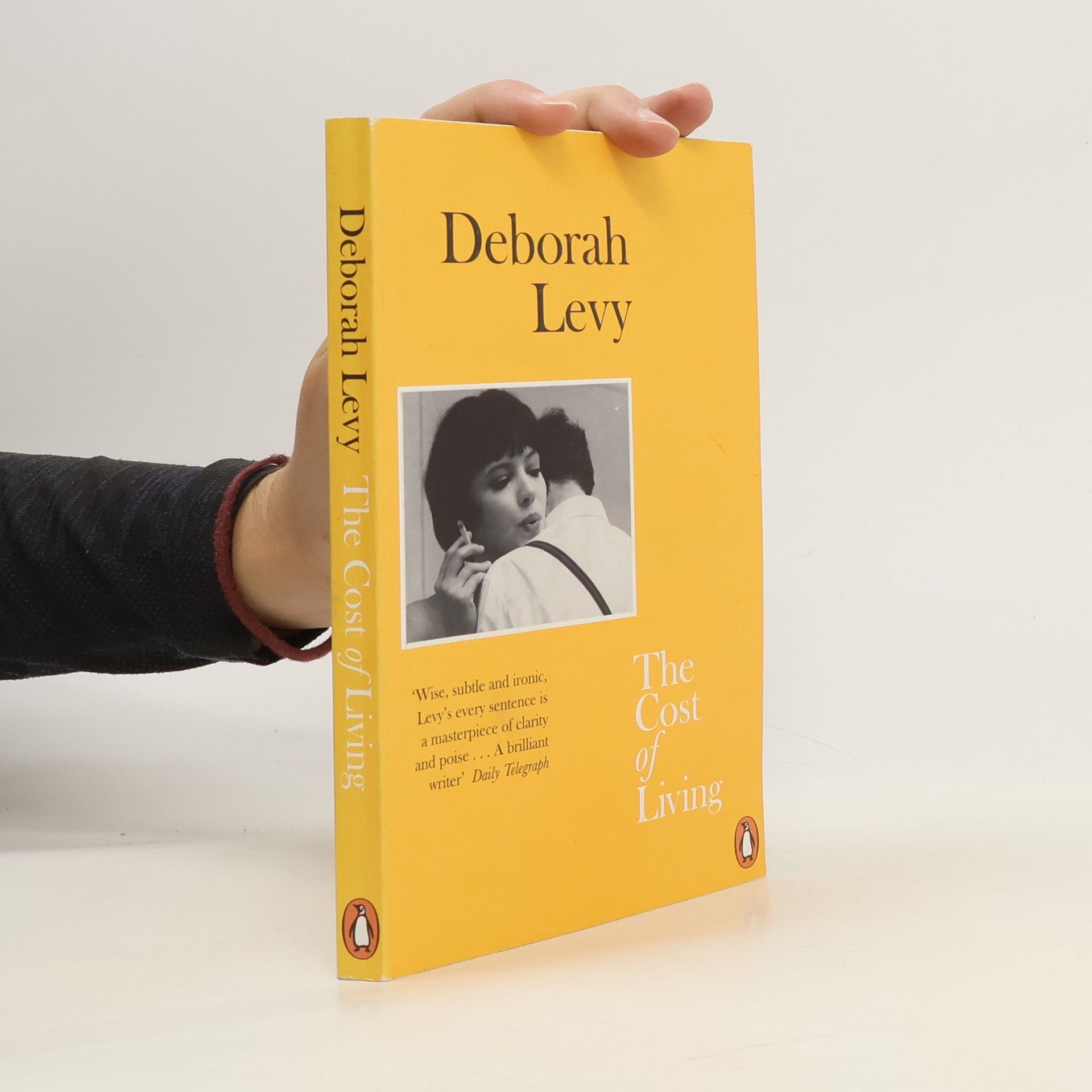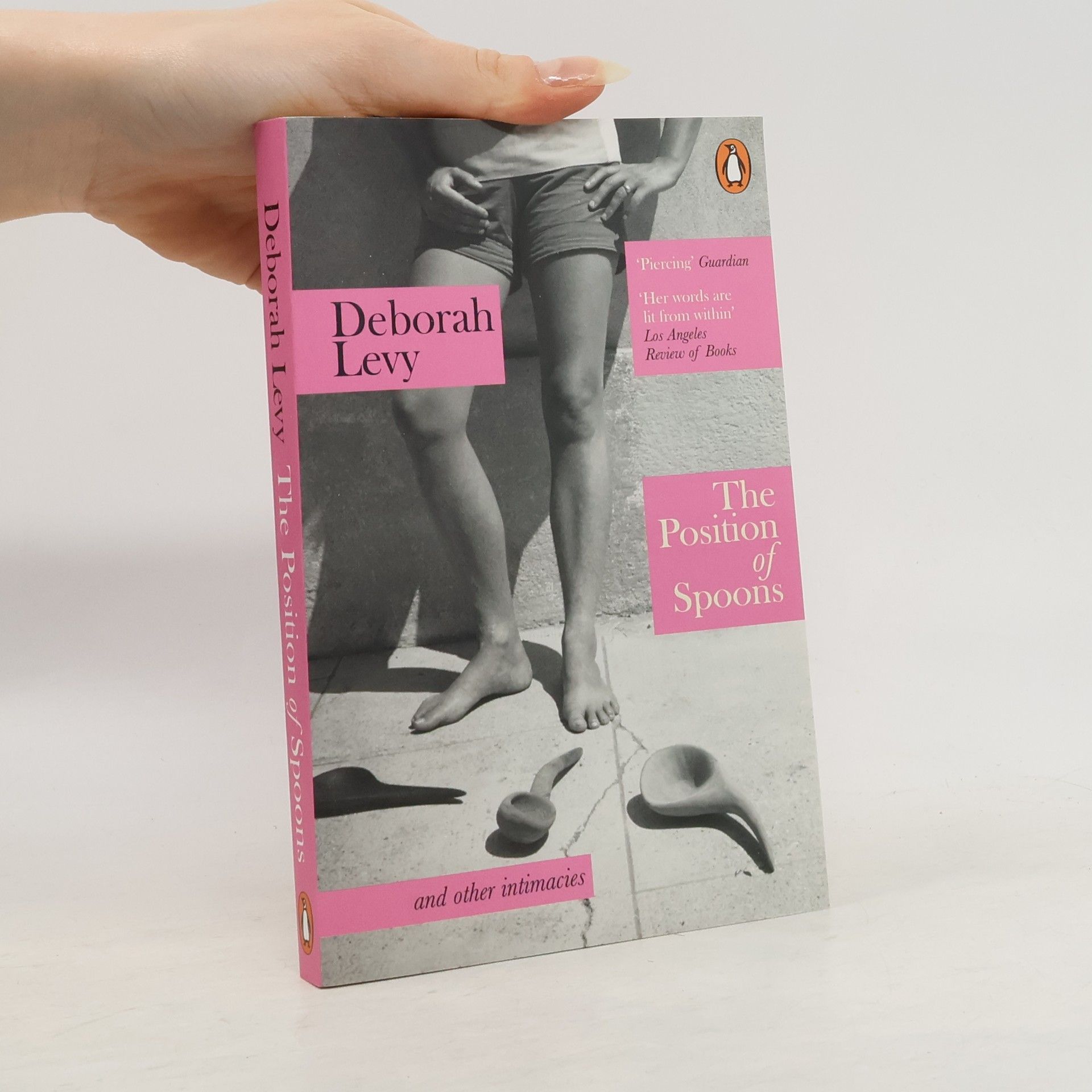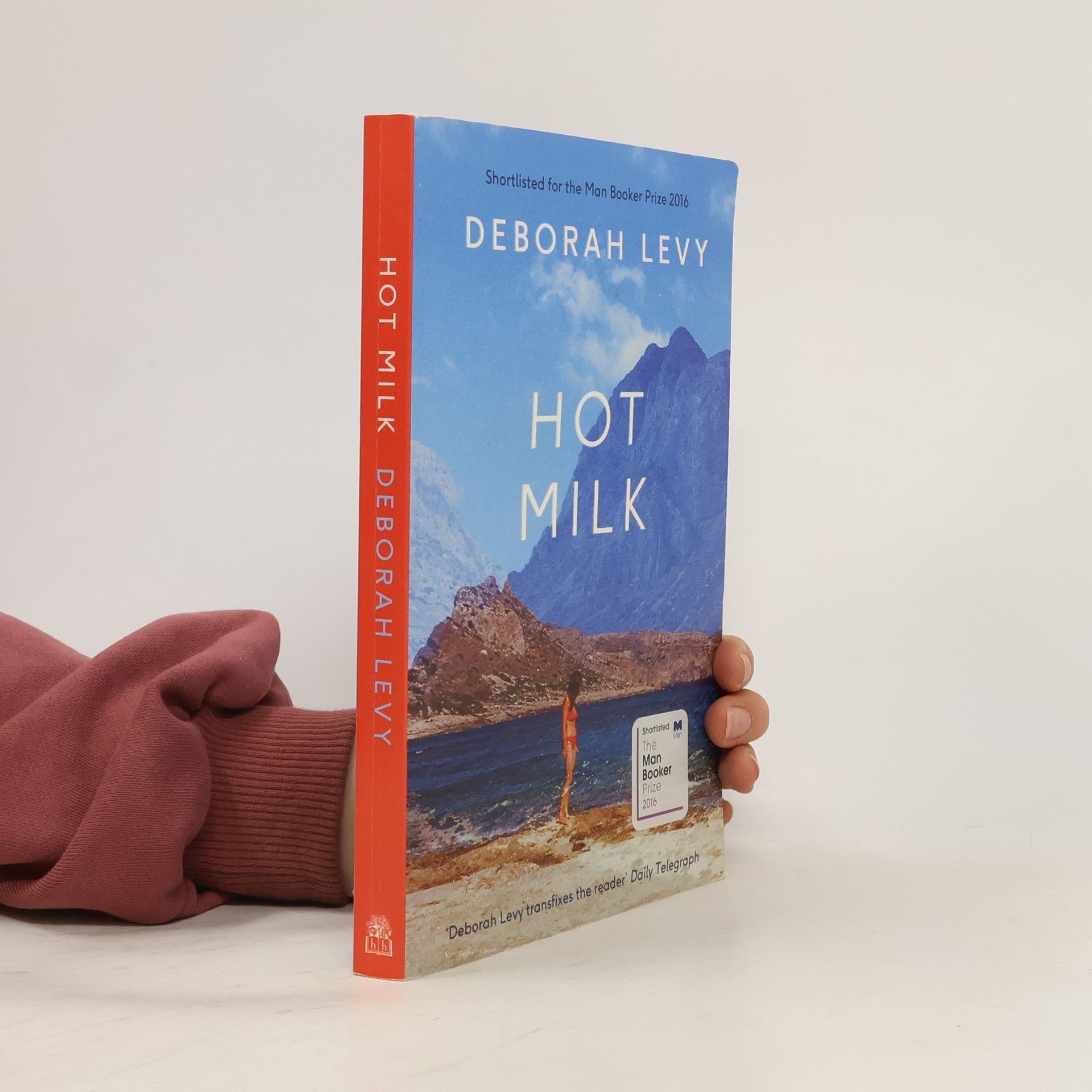Azul de agosto
- 168 páginas
- 6 horas de lectura
La nueva novela de Deborah Levy, finalista del Premio Booker, y la aclamada autora de El hombre que lo vio todo y El coste de vivir. «Lafuerza de Levy es su originalidad de pensamiento y expresión». Jeanette Winterson A sus treinta y cuatro años, la virtuosa y célebre pianista Elsa M. Anderson se encuentra en la cúspide de su carrera, hasta que, de forma inesperada, abandona el escenario durante una actuación en Viena. Pero esta historia en realidad empieza algo después, con Elsa en Atenas, en un mercadillo, con una mujer que acaba de comprar un par de caballitos mecánicos bailarines, una mujer extrañamente familiar con la que Elsa podría compartir los mismos deseos, o incluso ser la misma persona. Y sigue con un viaje a la isla de Poros, el primero destino de otros a través de Europa, escapando en realidad de su talento y su pasado como niña prodigio, y acechada siempre por esa mujer esquiva que podría ser ella misma. Seleccionado como uno de los libros del año en 2023 por The Guardian, Independent, Financial Times y la revista Time, Azul de agosto es el deslumbrante y melancólico retrato de una transformación, en el que Deborah Levy, premiada con el Fémina Étranger y finalista del Booker, desvela los misteriosos caminos por los que intentamos revisar nuestras viejas historias y renovar nuestra identidad.

